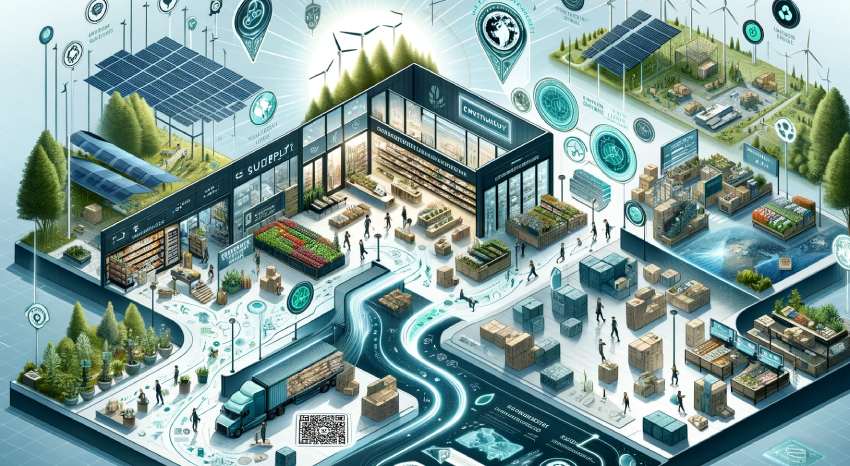
Green Governance:
How Sustainable Practices Redefine Retail Profitability
As retailers and their consumers grapple with the pressing challenges of climate change, it's evident that sustainability is no longer a mere buzzword—it's an imperative. At the intersection of consumer decision-making, legislative developments, and corporate strategies lies a pivotal opportunity for retailers to lead the charge toward a more sustainable future.
Consumer preferences are evolving rapidly, with an increasing number of shoppers including their environmental stewardship and social responsibility values in their decision to buy or not buy a product. This shift in consumer mindset has profound implications for businesses across industries, particularly in retail. Companies that fail to adapt to this changing landscape risk falling behind and alienating a significant portion of their customer base.
Embracing sustainability is about more than just meeting consumer demands, however. It's about recognizing that profitability and sustainability are not mutually exclusive but rather interconnected facets of long-term success. To address sustainability challenges in the supply chain, retailers must adopt innovative approaches prioritizing sustainable business practices and governance. This entails rethinking traditional business models and leveraging technology, traceability, and collaboration to drive meaningful change.
One approach is implementing transparent and traceable supply chains, allowing consumers to make informed choices about the products they purchase. By utilizing digital platforms, retailers can provide real-time visibility into the journey of goods from source to shelf, ensuring ethical sourcing practices and minimizing environmental impact.
Furthermore, retailers can invest in sustainable sourcing and production methods, such as organic materials, renewable energy, and waste reduction initiatives. Partnering with suppliers with the same commitment to sustainability and incentivizing eco-friendly practices can proliferate positive change throughout the supply chain. Lastly, adopting a circular economy model offers a holistic approach to resource management, where products are designed, produced, and disposed of in a closed-loop system, minimizing waste and maximizing resource efficiency.
Utilizing innovative approaches and prioritizing sustainability throughout operations is not just a trend but an imperative that retailers must embrace to ensure they meet evolving consumer expectations while minimizing their impact on the global ecological system.”







